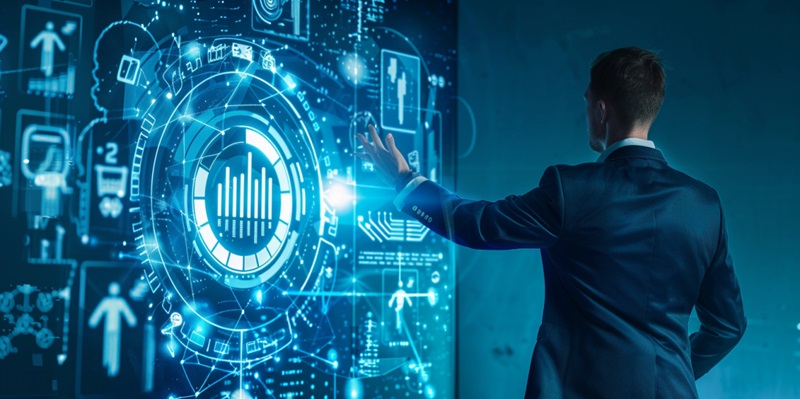The AI revolution is redefining how data is perceived and utilized in business. It’s evolving from being a mere resource to the linchpin of decision-making and innovation. Companies are realizing that integrating AI into their core functionalities is critical to gaining a competitive edge. This shift involves a fundamental change in the collection, analysis, and application of data, moving firms from merely being aware of data to adopting data-centric strategies.
As AI becomes integral to business operations, those organizations that adeptly weave it into their fabric are poised to excel. With data at the forefront, the business landscape is undergoing a transformative phase, marking a new era of data-driven enterprise. This transition ensures that companies not only keep pace with technological advancements but also lead in delivering enhanced customer experiences and informed business decisions. The ongoing transformation underscores the significance of a data-first approach in an AI-accelerated age.
Redefining Customer Experience
AI tailors experiences in real time, creating individualized customer journeys that could never have been crafted manually. With a wealth of data at their disposal, businesses employ sophisticated algorithms to predict customer behavior, preferences, and needs. This predictive capability means that businesses are no longer reacting but anticipating changes in the market. Sophisticated chatbots, personalized recommendations, and automated customer service interactions epitomize the type of engaging, responsive experiences that are rapidly becoming the standard. These innovations are not peripheral improvements but core to a business’s ability to attract, retain, and satisfy a modern, demanding consumer base.
Moreover, the sheer scale of personalization means that businesses can reach a level of granularity in their marketing and product development efforts that was previously untenable. Organizations can now generate an individualized experience for millions of customers simultaneously, with AI continuously learning and refining its approach. This isn’t just improving customer satisfaction—it’s a redefinition of the customer-business relationship, with AI as the intermediary that understands the consumer perhaps better than they understand themselves.
Streamlining Operations and Decision Making
AI is revolutionizing business by enhancing customer experiences and streamlining operations. Through data-driven solutions, companies can now optimize supply chains, smartly manage stock, and predict market demands with unprecedented precision, leading to reduced waste and increased profits. These analytical models are adept at handling vast volumes of data, facilitating complex decision-making that outpaces human capabilities.
In the realm of corporate strategy, AI tools also empower executives by simulating scenarios, tracking market trends, and proposing tactical maneuvers with enhanced risk management. This shift allows for swift, informed decision-making, minimizing reliance on intuition in favor of data-backed insights. As AI becomes more ingrained in strategic planning, it reshapes leadership, with data-centric decision-making becoming the cornerstone of all major business choices.

